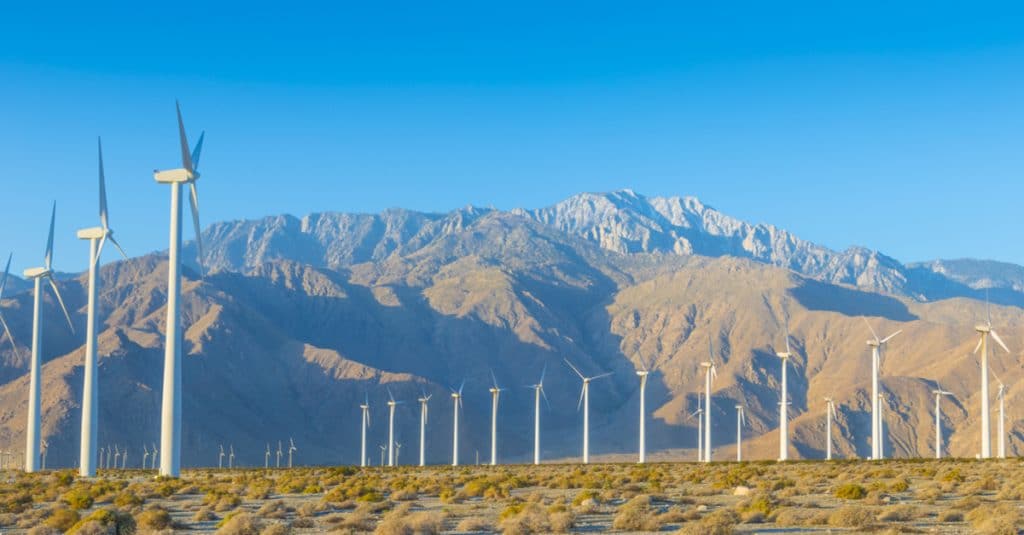Morocco is considered to be a real renewable energy hub for the African continent. The kingdom will be the transmission belt of the African Development Bank, as part of the implementation of its new programme, “Desert to power”. A programme whose objective is to support African countries, particularly those in the Sahel region, in the development of renewable energy technologies best suited to their natural conditions and specific energy needs.
To achieve this, the AfDB and Masen (the Moroccan Agency for Sustainable Energy) signed a partnership agreement on November 7, 2018, in Johannesburg, South Africa, at the African Investment Forum (AIF). The aim of the partnership is to combine Masen’s expertise in the development of renewable energy projects with the African Development Bank’s operational experience in the sector, particularly in terms of sharing know-how, capacity building and experience, technical assistance, development of renewable energy projects and the mobilisation of the necessary resources.
“This is a strategic partnership that combines leadership and technical expertise. Together, we will accelerate efforts to electrify Africa,” said AfDB President Akinwumi Adesina. For Mustapha Bakkoury, Masen’s president, “sharing the experience Masen has developed and setting in motion a competitive development dynamic for renewable energies on the African continent is to aim to make renewable energies a real lever for inclusive growth. Such a partnership with the African Development Bank is a definite asset in achieving this ambition.
The “Desert to power” programme contributes to the materialisation of the New Deal for energy in Africa
At the end of the signing ceremony of the partnership agreement for the “Desert to Power” programme, the AfDB President highlighted a second role for the new programme. Indeed, the operation will also make it possible to implement the “New Deal for Energy in Africa”. Launched in 2017, the AfDB’s programme is based on a partnership, which aims to achieve universal access to energy on the continent by 2025, by installing a total production capacity of 10 GW from renewable energy sources.
A goal that seems to have been perfectly cut off with those Masen has set for itself. At the national level, the agency intends to develop an energy mix by 2030, 52% of which is of renewable origin. Then, in a constant concern for the protection of the environment and the reduction of greenhouse gas emissions, Masen’s mission is also to support the dynamic of accelerating the development of renewable capacities in Africa and more broadly at the international level.
Boris Ngounou
